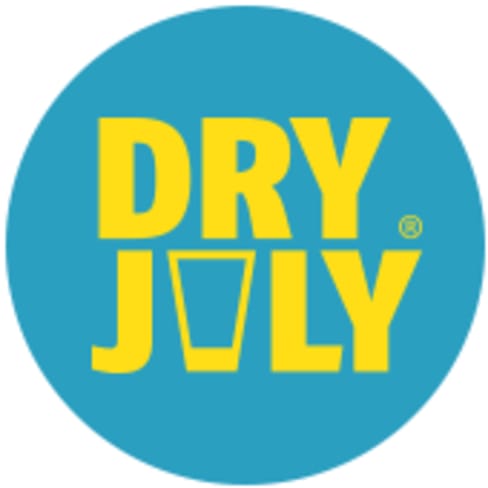Auckland DHB used Dry July 2014 to implement a number of projects to help patients feel more comfortable, including:
- Variable height seating - some patients find it difficult to get in and out of normal height chairs. Having some higher chairs assists with this issue.
- Hi flex tables - higher tables to go with higher chairs, these allow patients to distract themselves whilst having chemotherapy as they will have a surface they can use for laptops, books, drinks etc.
- Humidifiers - these provide increased patient comfort by keeping the mucus membrane moist for head and neck patients undergoing radiation therapy. When the membrane dries out, patients find it difficult to eat and drink and are often admitted to hospital as a result.
- Electric examination beds - beds that can be lowered to allow patients to get on the bed much easier have replaced static beds.




